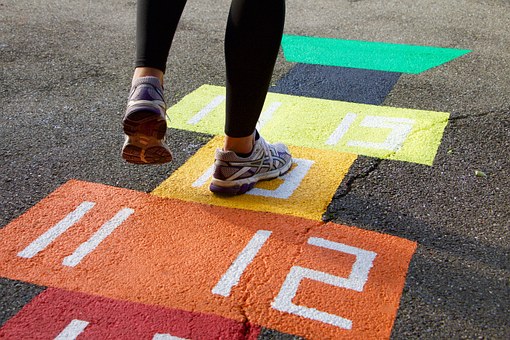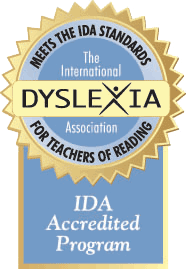What Are the Benefits of Recess for Students?
Posted by Georgia Diamantopoulos on 30th May 2019
Why is Recess Important for Students?
Recess is more than just a break from the classroom and has profound cognitive benefits. This period of unstructured play gives children an opportunity to be physically active, creative, imaginative, and social. Studies show that recess has a positive impact on focus, attention, and mood for a child.
Similarly, adults report increased mental clarity and a better disposition after a brisk walk or a trip to the gym. In addition, adults and children alike learn better when they take frequent breaks rather than concentrating for long stretches. Several studies show that after recess children are more attentive and able to perform better cognitively.
Benefits of Recess
Recess time is essential for students’ social, physical, emotional, and cognitive development. The following are core benefits of recess and show why it’s an important part of the school day.
1. Social Skills Development & Emotional Well-being
Recess provides an unstructured environment where students can interact freely, helping their social skills such as teamwork, communication, conflict resolution, and empathy. During recess, children can form friendships and learn social dynamics on their own. This foundation in social and emotional skills supports children not only in school but in all areas of life.
2. Physical Health & Fitness
Physical health is a major benefit of recess. Students have the opportunity to engage in activities that strengthen muscles, improve cardiovascular health, and build endurance. With increasing concerns around childhood obesity, recess helps ensure that children receive the daily physical activity necessary. Running, jumping, and other playground activities build fitness levels naturally.
3. Creativity & Imagination
Unstructured play during recess sparks creativity and imagination as children invent games, create scenarios, and use objects in unique ways. This time allows children to become more flexible thinkers and encourages them to approach problem-solving in creative ways, which benefits their academic and personal growth. The imaginative play that occurs during recess also supports cognitive development and helps children practice skills like planning, organizing, and adapting to new situations.
4. Reducing Anxiety & Stress
Recess offers an outlet that helps reduce stress and anxiety in children. Physical activity during recess releases endorphins, which boost mood and help students relax. This is particularly beneficial for children who struggle academically or have anxiety challenges because recess provides a break from structured learning. When students return from recess, they often feel more refreshed and prepared to focus.
5. Better Behavior & Classroom Management
Recess betters classroom behavior by giving students a chance to release energy and return to their studies with recharged focus. Studies show that students who receive consistent breaks exhibit fewer behavioral issues. Recess gives children the opportunity to use their energy, which helps foster a calmer, more engaged learning environment.
What the Research Says
In a study performed by Georgia State University’s Department of Early Childhood Education, researchers observed the behavior of students belonging to a class which had recess only two times a week. Their results showed that the 43 children were more on-task and less fidgety on days when they had recess. Sixty percent of the children, including five with Attention Deficit Disorder (ADD), worked more and/or fidgeted less on recess days.
According to a study performed at the Neurocognitive Kinesiology Laboratory at Illinois, recess contributes to better performance on academic achievement tests. Researchers found that students performed more accurately on difficult tasks on flanker tests after exercise. Also noted were behavioral improvements and changes in student’s event-related brain potentials (ERPs), which are neuroelectric signals that measure attentional resource allocation.
The last part of this statement is particularly significant as it relates to focus. Attentional resource allocation refers to the ability to narrow in on the relevant task at hand and disregard irrelevant distractions. The flanker test administered in the study used visual noise as a distraction from the correct stimulus. In a real-world setting, this would relate to the ability to tune out background noise and focus on a task, like a quiz.

Take a Break
Cognitive processing and academic performance depend on regular breaks from concentrated classroom work. Recess is a necessary break in the day for optimizing a child’s social, emotional, physical, and cognitive development. With such positive consequences, it is apparent why teachers are opposing recess cutbacks, advocating for budget allocation toward play structures, and pushing for longer free-play times. It is also quite inspiring that more teachers are looking towards incorporating kinesthetic activities into their teaching techniques!
References:
American Academy of Pediatrics, 2013, The Crucial Role of Recess in School
Gwen Dewar, Ph.D., 2008-2014, The cognitive benefits of play: Effects on the learning brain
The University of Illinois at Urbana-Champaign, 2009, Physical Activity May Strengthen Children’s Ability To Pay Attention
Written by Georgia Diamantopoulos
Georgia is a tutor at Brainspring Learning Center in Shelby Township, Michigan



